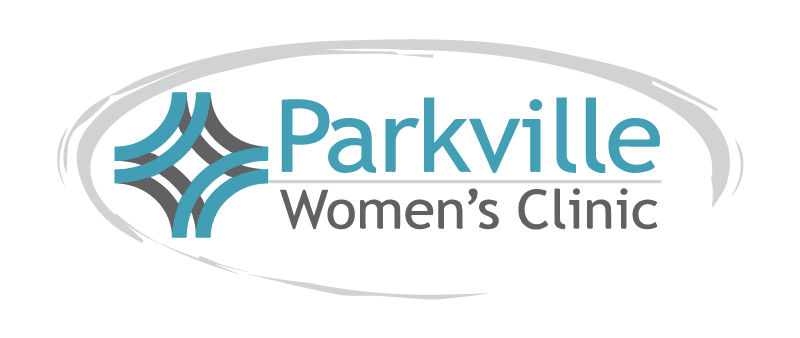Finding out you’re pregnant, especially when it’s unplanned, can feel overwhelming. In shock or fear, many women turn to the internet looking for answers. If you’ve thought about abortion but are concerned about the cost, you may have even searched for ways to end a pregnancy on your own.
Before you try to end a pregnancy on your own, we want to help you understand the risks—and offer a safe, supportive place to talk about your options.
What is a self-induced miscarriage?
A self-induced miscarriage, sometimes called a self-managed abortion or DIY abortion, is when a woman ends a pregnancy without medical supervision. This can involve:
- Using medications without a prescription
- Taking herbs or toxic substances
- Drinking alcohol or using drugs
- Trying to physically harm yourself
These methods are not only unreliable – they also can be very dangerous.
Is a self-induced miscarriage different from abortion?
No. A self-induced miscarriage is still considered an abortion because it’s an intentional attempt to end a pregnancy.
So, what’s the difference between an abortion and a miscarriage?
Abortion is a medical or surgical procedure to intentionally end a pregnancy. A miscarriage (or spontaneous abortion) is the natural loss of a pregnancy before 20 weeks. It happens without any action on your part and is fairly common. In fact, 1 in 4 pregnancies end on their own in miscarriage within the first trimester.
This is why it’s important to confirm your pregnancy with an ultrasound before making any decisions. You may already be miscarrying and not know it.

Are self-induced miscarriages safe?
Using plants or herbs, ingesting toxic substances, using alcohol and drugs, and causing physical trauma to the body to end a pregnancy is more likely to cause physical harm to your body than it is to end a pregnancy.
If you are considering hurting yourself to end a pregnancy, please reach out to our staff right away. We care about you and can help you walk through what options you have for an unexpected pregnancy.
Talk to a nurse right away by using our nurse chat at the bottom of our website!
What are the risks of inducing a miscarriage?
Self-managed attempts at abortion can put you at risk of poisoning, allergic reaction, incomplete abortion, organ failure, and even death instead of causing an abortion. Other serious side effects include (but are not limited to):

- Liver damage
- Breathing difficulties
- Infection
- Incomplete abortion
- Allergic reactions
- Poisoning
- Organ failure
- Death
What about using the abortion pill instead?
The abortion pill is approved to be used up to 10 weeks into pregnancy. It involves two medications: one to stop the pregnancy from progressing, and one to cause cramping and bleeding to expel the pregnancy.
Before taking the abortion pill, you need a medical evaluation to:
- Confirm you’re pregnant
- Determine gestational age
- Rule out an ectopic pregnancy
- Check for signs of natural miscarriage
What should I do first?
Before taking any steps to end a pregnancy, get the facts about your health and your pregnancy. A licensed medical provider can offer the clarity you need to make a confident and informed decision.
At Parkville Women’s Clinic’s we provide free and confidential pregnancy evaluations, including:
- Lab-quality pregnancy testing
- Ultrasounds to confirm viability and gestational age
- STI testing and treatment
Our professional and compassionate staff will walk with you every step of the way, offering accurate information in a caring, pressure-free environment.
Miscarriage and Abortion Info in Kansas City, MO
If you are considering a self-induced miscarriage, abortion, or simply don’t know what to do next, please schedule a free appointment with us or call to talk with a nurse.
You deserve to be informed.
You deserve to be safe.
You deserve compassionate care.


Recent Comments